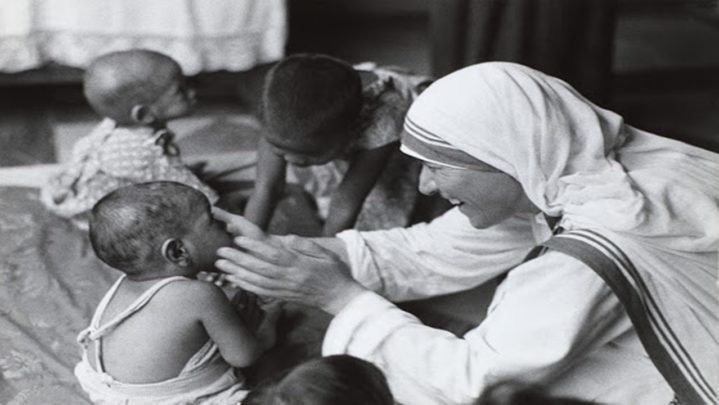Planet Money has an update on what happens when you contribute money to impoverished people in Kenya. We’ve heard about Give Directly, a nonprofit that allows donors to give money directly to disadvantaged people. Some leaders of other poverty-focused NGOs, such as Carol Bellamy, the former head of Unicef, were unconvinced at first that donating money directly to poor people would be helpful or yield a favorable “return on investment.” Researchers went into areas where Give Straight distributed money to the poor and interviewed each home for around six hours to see how much money directly benefited the poor. The following are the outcomes:
Those who were given money, in general, did not waste it on drink or tobacco (though one enterprising person bought alcohol and then sold it at a profit).
A large portion of the funds went into children’s education, health care, and the purchase of more and better food.
Some people utilized the money to create small enterprises, and their incomes increased by an average of 38%.
Hunger & Violence Dropped
After hearing some of the results, Bellamy conceded that they were positive and encouraging. Of course, Give Directly chose Kenya because the government and environment are reasonably stable there; sending money to impoverished people in regions where the government is ineffective, clinics are inadequate, and roads are in need of repair would be ineffective. You can’t spend money on improved health care if there aren’t any roads to get to a clinic and the clinic can’t deliver the services you require. Nonetheless, the data suggest that giving money directly to the poor, in combination with other efforts to provide basic health care and infrastructure, is a promising combination.
Also Read: Secret To Increasing Professional Happiness





